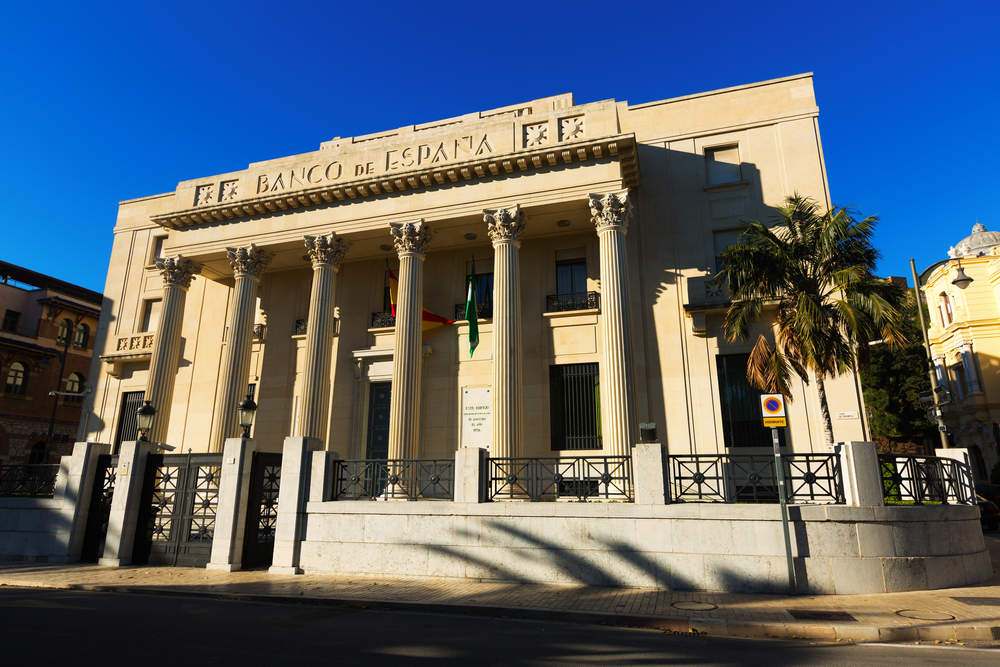
Bank of Spain governor Pablo Hernandez De Cos has called for further consolidation in the Spanish and European banking sector in a bid to boost profitability, Reuters reported.
Several banks in Europe are being pushed into deals as they are grappling with loan losses amid the Covid-19 pandemic.

Access deeper industry intelligence
Experience unmatched clarity with a single platform that combines unique data, AI, and human expertise.
Spain has the highest number of bank branches per 100,000 adults, with nearly 50 branches as against less than 39 in Italy and 11 in Germany, the report added.
De Cos, who has a seat at the European Central Bank’s governing council, had already warned against keeping lenders with excess capacity alive.
De Cos said: “It makes no sense, it is even dangerous to maintain alive lenders with excess capacity.”
He told lawmakers that bank mergers in other European countries will also be required.

US Tariffs are shifting - will you react or anticipate?
Don’t let policy changes catch you off guard. Stay proactive with real-time data and expert analysis.
By GlobalDataHe added that the lack of cross-border mergers in Europe will lead to less cost savings compared to similar transactions at a national level.
Banks in Europe have been preparing for cross-border mergers and deals as they try to recover their profitability.
In Spain, Unicaja Banco resumed negotiations on merger with rival Liberbank, while CaixaBank agreed to buy rival Bankia, valuing the business at €3.8bn ($4.5bn).
De Cos dismissed lawmakers’ worries that such deals will create a bank too big to fail and make the sector less competitive.
He said: “They would have a significant size but would not (much) more than other lenders; we have a legislation that immediately adapts the solvency requirements to that size.”
Meanwhile, Banco Sabadell is reportedly eyeing strategic options in the European banking sector as the merger talks began taking place.
Recently, reports emerged that the biggest shareholder of Nordea Bank is looking to divest its stake in the bank by 2022.
Earlier this week, the shareholders of the Italian government-owned lender Monte dei Paschi di Siena (BMPS) approved a bad-loan clean-up plan to accelerate the bank’s sale.
The Italy treasury, which has worked on the plan for two years, is hoping to find a buyer by the year-end.
Italy was initially looking at Banco BPM as the right fit for acquiring BMPS.
Banco BPM said that it remains ready for further industry consolidation following UBI Banca’s hostile takeover by Intesa Sanpaolo.
Italy also approached UniCredit’s executives to find out if they are interested in acquiring the government’s majority stake in BMPS.
In May, HSBC signed a deal with Landesbank Baden-Wuerttemberg (LBBW) to take full control of its German unit.







